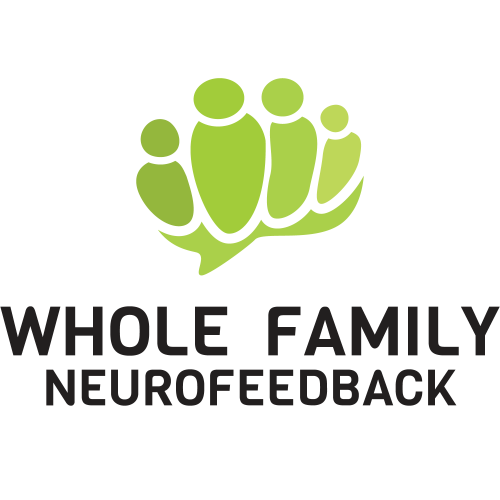ADHD or Attention Deficit Hyperactivity Disorder is often thought of as a disorder, a problem to be solved, or a hindrance. But how do we understand this when some of the world’s greatest innovators and leaders, past and present, have ADHD?
People with an ADHD Diagnosis:
- Adam Levine
- David Neeleman (founder of JetBlue)
- Justin Timberlake
- Albert Einstein
- Beethoven
- Leonardo da Vinci
- Bill Gates
- Magic Johnson
- Henry Ford
- Will Smith
- Jim Carrey
- Ty Pennington
- Paris Hilton
- Paul Orfalea (founder of Kinko’s)
- Solange Knowles
- Michelle Rodriguez
The list is long; this is just a small sampling. Dr. “Ned” Hallowell, author of Driven to Distraction, world renowned expert on ADHD, and Harvard educated psychiatrist says that the diagnosis is not bad news. In fact, he says it’s a “gift to be unwrapped.” But how do we unwrap it? How do we help ourselves or our children not let the down side of ADHD take over?
ADHD is currently the most researched mental condition. It has been established that ADHD is a highly genetic, brain-based phenomenon that has to do with the regulation of a particular set of brain functions and related behaviors. Misleadingly named, ADHD is not a deficit in attention but rather a difficulty regulating it. A child or an adult with ADHD can hyper focus on different things at different times and can achieve extraordinary feats because of it. The challenge comes in regulating it.
Attention Deficit?
Strengths that ADHD Might Bring

ADHD is not a failed version of normal. It is rather a difference in cognition. Strengths you might consider if you are ADHD or have a loved one who is ADHD:
- Ability to focus on the big picture
- Ability to hyper-focus
- Enhanced creativity
- Greater sensitivity to surroundings
- Endless enthusiasm (when they’re in the mood)
- Limitless energy and focus on a project (when they’ve found one that excites)
- Willingness to take risks (Folks with ADHD are 300% more likely to start a business than others!)
- Generous
- Full of surprises
- Resilient
- Great sense of humor (which comes with learning to laugh at oneself!)
Jessica McCabe, a popular youtuber who has a program called How to ADHD, recently spoke at TEDx in October 2017. To unwrap the gift of ADHD, McCabe recommends three things. She says to start by getting to know your ADHD brain and then meeting others who also have one. She says “If you judge a fish by its ability to climb a tree, it will live its whole life believing it is stupid…unless it happens to chat with another fish and realizes fish aren’t great for climbing trees, and that’s OK. There is plenty of ocean.” Second, she says you must find your ocean—a job that works for you, that harnesses your strengths. She says “if you spend your time trying to get a fish to climb a tree, you will never see how far it can swim.” Third, she says a person has to learn strategies to deal with the hurdles that ADHD can present. Neuroptimal neurofeedback is a powerful tool in dealing with these hurdles.
How NeurOptimal® Neurofeedback Helps Living with ADHD


As part of our own wellness program for our family, neurofeedback proved to be the help all of us needed to live better with the ADHD and and other learning challenges that we later learned was in all of us to some extent! NeurOptimal® promotes making healthy lifestlye choices such as managing stress to cope with ADHD, which Johns Hopkins* and the Mayo Clinic** identify as an important part of living with ADHD. According to these institutions, parent support is essential, contributing to the reduction of parent and family stress. In addition, NeurOptimal® neurofeedback helped us change our perception of the challenges our family faced. Instead of seeing the difficulties as beyond us, we started to feel more empowered, creative, and calm about them. Of course NeurOptimal® doesn’t treat or cure ADHD, but it helps our clients measurably with:
- Enhanced learning capacity
- Enhanced ability to relax
- Focus and mental acuity
- Improved concentration and problem-solving
- Logic
- Self-esteem
- Emotional reactivity
- Social resilience
- Happiness
- Affection
- Achieving personal goals
- Improved sibling relationships
More importantly, it helped us with:
- Calmer marriage
- Calmer parenting
- Greater focus and mental acuity
- Improved confidence in our parenting
- Improved physical resilience
- Waking feeling refreshed and ready for the day-to-day challenges of life
- Greater consistency in food preparation and family meals, thus promoting a happier family life
Want to learn more? Check out this page.
**Mayo Clinic: https://www.mayoclinic.org/diseases-conditions/adhd/diagnosis-treatment/drc-20350895

